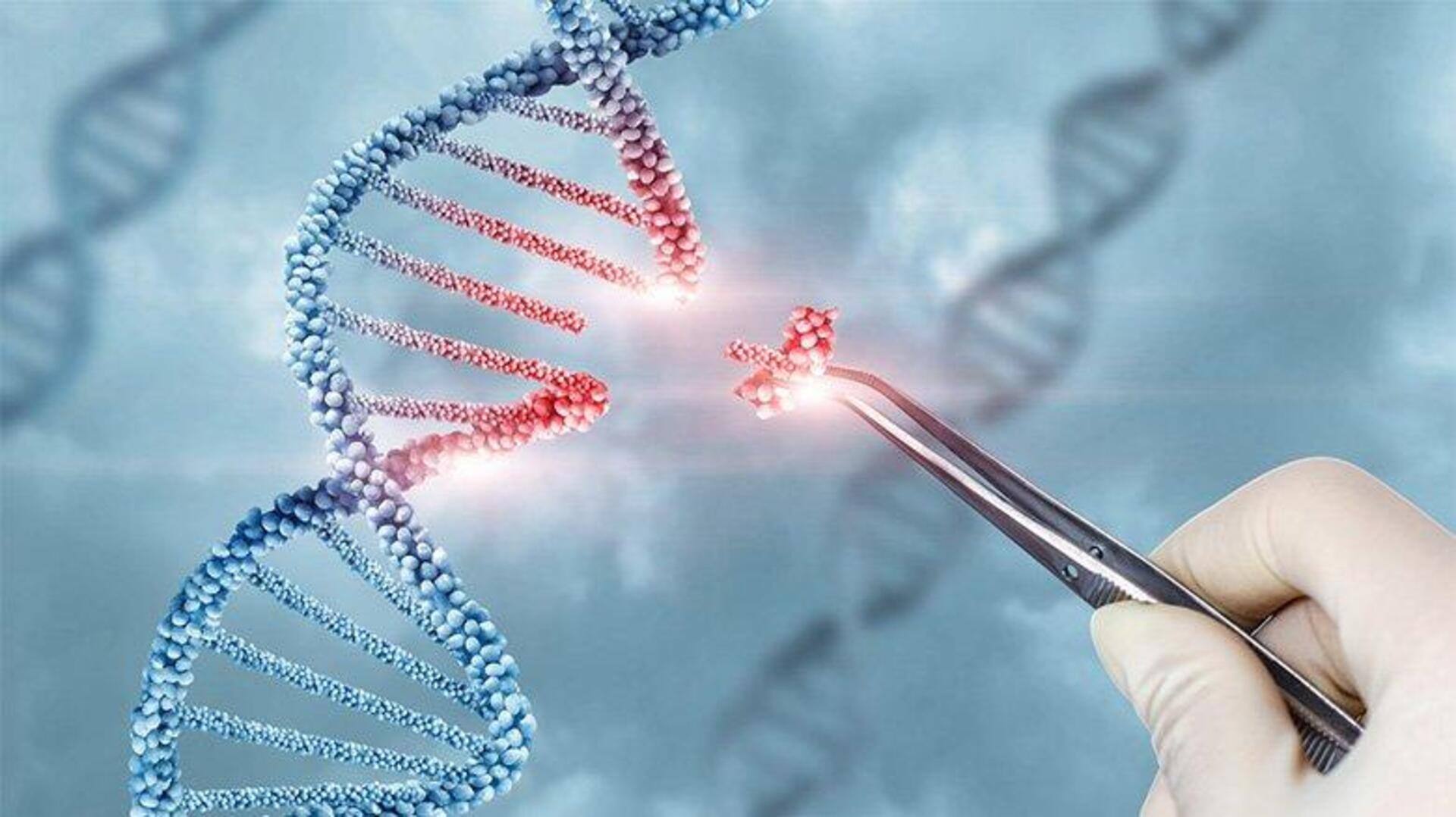
We finally have a treatment for Huntington's disease
What's the story
In a major medical breakthrough, doctors have successfully treated Huntington's disease for the first time. The condition, which is hereditary and causes severe brain cell damage, has been likened to a combination of dementia, Parkinson's disease, and motor neuron disease. The innovative treatment involves gene therapy administered during delicate brain surgery lasting between 12 to 18 hours.
Impact
Patients can expect decades of 'good quality life'
The new treatment has shown promising results, slowing the disease's progression by 75% in patients. This means that a decline that would normally occur in one year could take four years after treatment, giving patients decades of "good quality life," according to Professor Sarah Tabrizi from University College London (UCL). The first symptoms of Huntington's usually appear in a person's 30s or 40s and can be fatal within two decades.
Mechanism
Treatment involves injecting modified virus into brain
The treatment aims to permanently reduce levels of a toxic protein in the brain with a single dose. It uses advanced genetic medicine that combines gene therapy and gene silencing technologies. A modified virus carrying a specially designed sequence of DNA is injected deep into the brain, where it delivers this new piece of DNA inside brain cells. This process takes 12 to 18 hours of neurosurgery under real-time MRI scanning guidance.
Trial outcomes
Therapy is 'the result we've been waiting for'
The clinical trial, which included 29 patients, showed an average 75% slowing of the disease three years after surgery. The data also indicated that the treatment is saving brain cells, as levels of neurofilaments in spinal fluid were lower than at the start of the trial. Professor Ed Wild from UCL said this was "the result we've been waiting for," adding that it was difficult to fully encapsulate his emotions about its potential impact on families.
Safety measures
Treatment not available to all
The treatment was deemed safe, although some patients did experience inflammation from the virus that caused headaches and confusion. These symptoms either resolved or required steroid treatment. Professor Wild expects the therapy "should last for life" as brain cells are not replaced by the body like the blood, bone, and skin are constantly renewed. Huntington's disease affects about 75,000 people in the UK, US, and Europe, with hundreds of thousands carrying its mutation.
Accessibility
Gene therapy could lead to more accessible treatments
The treatment will not be accessible to all due to the complex surgery involved and its expected cost. However, Professor Tabrizi believes this gene therapy "is the beginning" and will pave the way for therapies that can reach more people. She is already working with a group of young people who have the gene but don't yet show symptoms, known as stage zero Huntington's, and plans to conduct prevention trials next.